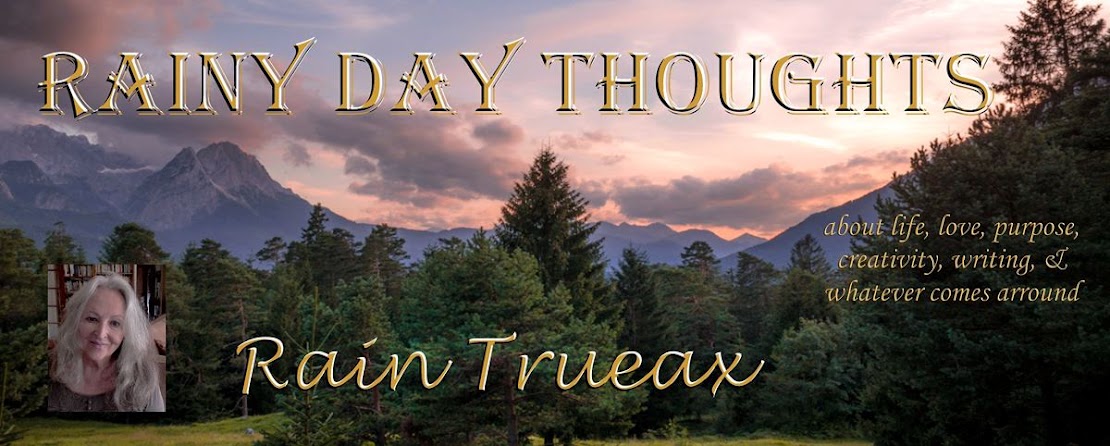
I am hereby announcing I am joining the cult of the politically uninformed and doing it to make my new year better than my old one. Because I cannot currently vote on anything that is up for debate and because I am sick of arguing politics here where it never goes anywhere, this blog is temporarily (at the least) going to be a politics free zone.
Because I don't want anyone thinking I am doing this because of giving up on Obama. I am not. I admit being irked with him, but he was elected to do a LOT of what he has done. We, who supported him, might want more, but he's not through yet. Possibly he's trying to make those changes gradually so the change comes without catastrophic results.
Seven or eight years ago, a structural masseuse told me that she could realign my back in 12 sessions. She said I had one shoulder and hip higher than the other and it was causing me bodily grief which would get worse. She gave me a massage that left one of my shoulders hurting for a year (or more) afterward (I should have said it hurt sooner).
I opted to skip her suggested schedule of massages, but later asked my chiropractor what he thought. He said he felt that trying to do it that way would end up causing a lot of spinal and muscle problems that weren't worth it especially given my age. I do try to do stretches, to be more aware of how I stand and sit. I haven't given up on improving my spinal alignment, but her instant adjustment felt like it'd do more damage than good!
Although I don't know and am waiting to see, personally I think that's how it could be with Obama. He has a plan, which he discussed during the campaign. He was elected by a majority of Americans in 2008 to carry it out, but he's not one to tear the system apart doing it. Yes, he has disappointed me on different issues, but his term in office is not yet over. We'll see if he's the steady as we go type or a jackrabbit who bounds all over the place. Did he deceive us or did we elect him to use his best judgment on getting us where we want to go and it's where he's heading? Did that have to be instantly? I am reserving judgment. If Americans disagree with the current direction, they can take care of that at the polls this fall and in 2012.

Whatever the case, right now I cannot impact what he does, and I am tired of writing about it or even thinking about it. If you already agreed with me before you read a particular political blog, what I wrote only made you mad; and if you didn't, you weren't convinced. You have many places you can read to tell you how right you are. It's getting me nowhere and as far as I can see not helping anybody else.
If I say this or that, the other side either ignores it or brings up something else
which is exactly what they say I also do. SO rather than get myself bent out of shape about that which I cannot change, I am going to quit reading political blogs (left or right) and to be consistent, my blog will no longer delve into politics.
I will write about cultural issues but more from a standpoint that avoids one party or another and sticks to ideas (got a few in mind on the subject of the illusions). Readers can decide for themselves what political party thinks which way or would do something about any of these problems. Mostly though I hope to write about improving a life-- starting with my own.
One idea I had was to put out questions that I am working on but where I don't have the answers. Those might end up week-long blogs with hopefully readers taking part in coming up with their thoughts on these issues. It could lead to helpful discussions. Some of those might involve spiritual questions as that is of much interest to me right now.

Anyway hope I don't lose readers over this; but if so, I have to do it for my mental and emotional health. I will still check in on right wing blog friends, but when their topics are political, I'll come back another day to read.
As part of this I am also planning to quit watching television news from any network. This is an addiction that will be hard to give up. I will read a few newspapers but not when they get political. For now I need a break; and as part of my new year and my hope to bring big changes for myself into being, this is one of my ways.
Next blog will be on that new path.
Photos are from our drive home after a totally delightful three nights in Central Oregon with kids and grandkids in a house we rented together. It was a time full of hugs, much laughter, great meals. good wine, ice skating (for the skaters), cousin (12 to 2 year olds) play, cooperation, great conversations, and snow. It was a rich time with the young and old (us handling the old end). Boy does that help a person get aligned on what really matters, and it's that next generation. We make more of a difference in that by being sure our own lives are all they can be. That's my goal for this year-- one of them anyway.

The above photo is from southeast of Sisters looking toward the Three Sisters. The others are along the Metolius River. Rivers and mountains make good examples of how we get things changed-- bit by bit.
The Cascade Mountains are volcanic. There is debate about how active the Sisters are as some of the land around them seems to be inching up; however, most volcanoes in the Cascades are either dead or dormant.
This region is an ever changing, invigorating environment, and I recommend it to anybody wanting a gentle realignment. Nature is such a great healer.


























